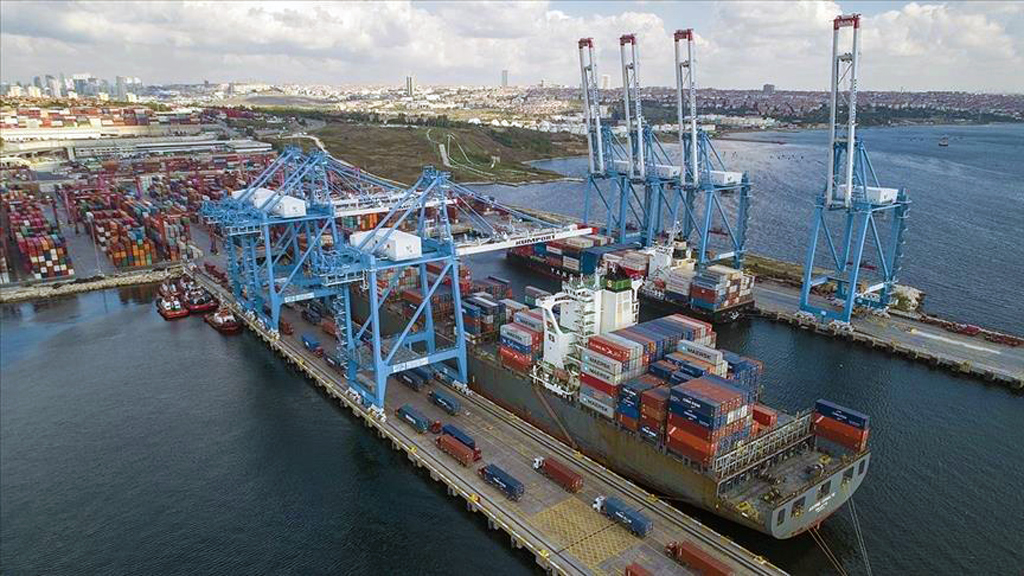This new partnership between Japan and the EU can be considered a response towards China's OBOR initiative and the U.S.-driven trade war, but it is not clear how successfully it will be implemented in the coming years.
There have been repeated calls for these countries to take the responsibility of the international liberal economic order following the rise of populism and protectionism in both sides of the Pacific. Their lack of action was very frequently criticized by the international community.
The leaders of Japan and the EU called their new alignment a "connectivity partnership" and mentioned that it will entail cooperation and coordination in different industries raging from transportation to the digital industries. As stated by different reports the agreement also involves "transparent procurement practices, the ensuring of debt sustainability and the high standards of economic, fiscal, financial, social and environmental sustainability."
If they become successful and turn this into a new alignment and a pact, it may turn into a third center of gravity following the U.S. and China and could change the dynamics of interaction between these two superpowers as well.
Besides it will be important to see the political outcomes of this new economic partnership. Although Abe preferred to call it an economic and strategic partnership, it is yet to be seen how can these two entities strategize their relationship without generating too much irritation for the existing superpowers.
[Daily Sabah, 30 September 2019]

The trade war and the changing global order
The emerging crisis and instability in the international system is generating new openings and relations among different major powers. On the one hand we have been seeing new forms of challenges and confrontations among the superpowers. The trade war between China and the U.S. is only one of these new types of confrontations, which is a part of a rising trend in geo-economic dynamics in international relations.
Share
The emerging crisis and instability in the international system is generating new openings and relations among different major powers. On the one hand we have been seeing new forms of challenges and confrontations among the superpowers. The trade war between China and the U.S. is only one of these new types of confrontations, which is a part of a rising trend in geo-economic dynamics in international relations.
The economic confrontation between these two major world economies has become one of the most definitive aspects of the international system.
On the other hand we have started to see new forms of alignment and pacts among other major powers in the international system who want to protect liberal international order and fight against rising protectionism and trade wars.
An agreement between the European Union and Japan took place at the intersection of the confrontation with China and looks to preserve and promote a liberal world order. It aims to challenge China's "One Belt, One Road" (OBOR) initiative and the U.S.' protectionist measures in international trade and at the same time provide an alternative for the models that are provided by these two economic powerhouses.
In the midst of all the debates about trade wars and the wave of economic protectionism, Japan's Prime Minister Shinzo Abde and the President of European Commission Jean-Claude Juncker signed the agreement in Brussels that would merge the economic potentials of these two major economic entities to challenge existing models.
Although in the press conference both leaders reiterated the fact that the agreement is not against a particular country or countries, from the subtext of their messages it was very clear who will be the target of the agreement.
According to the reports Juncker in his statement directly criticized the dependence on one single country and a development model that is not sustainable and generates huge sums of debt for economically weaker nations, which was interpreted by many analysts as a criticism of China and its model of economic development.
Shinzo Abe also targeted the approaches that contradicts with the principles of liberal world. He underlined the necessity to support strategic and economic partnership among the like-minded nations in a period when "the values and principles we have held dear could waver or drift." This message was regarded as a criticism against the rising protectionism in both the most and second-most economically powerful nations in the world.
Tags »
Related Articles







